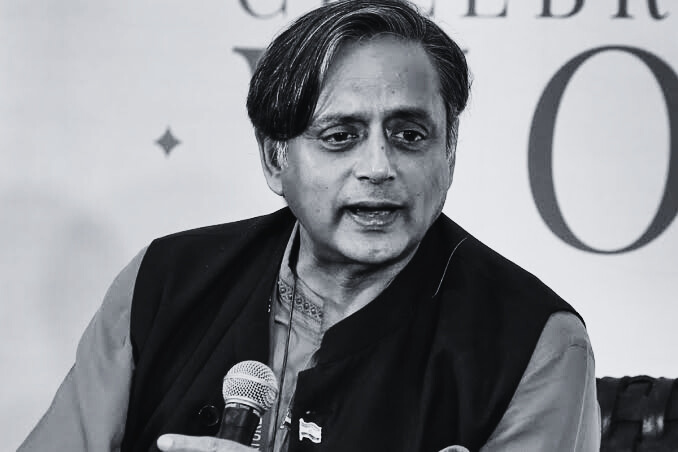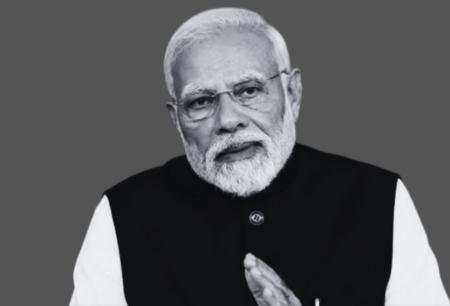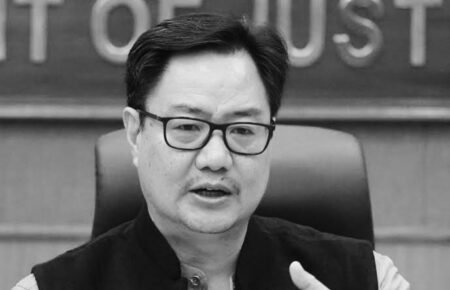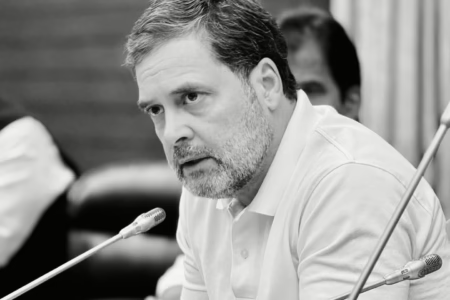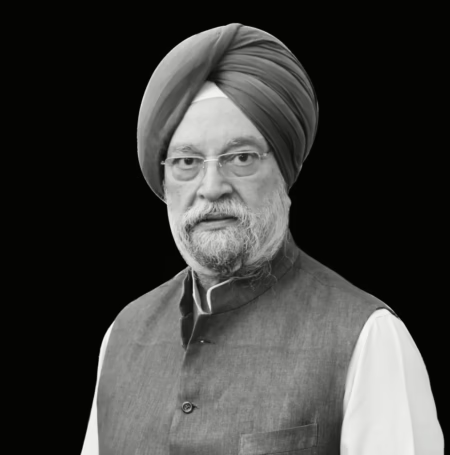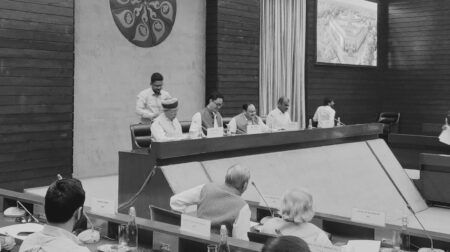Senior Congress leader and Thiruvananthapuram MP Shashi Tharoor has reignited the national interest vs party politics debate by invoking a famous quote from India’s first Prime Minister, Jawaharlal Nehru: “Who lives if India dies?” Speaking at a public interaction in Kochi on Saturday, Tharoor asserted that the nation must rise above partisan divisions in moments of crisis.
The remark came in response to a question from a high school student about intra-party criticism directed at Tharoor, particularly over his participation in cross-party initiatives following the recent terror attack in Pahalgam. Emphasising that unity is critical in such times, he said, “Put your differences aside when the nation is imperilled. India must come first, then only can we all live.”
Tharoor underscored his belief that political parties are not ends in themselves but instruments to serve the larger goal of nation-building. “To my mind, the nation comes first. Parties are a means of making the nation better. Whichever party you belong to, the goal is to create a better India,” he added.
Cross-party Efforts Draw Flak Within Congress
Tharoor has faced scrutiny from within the Congress for leading all-party delegations abroad to present India’s position on Pakistan’s terror involvement, notably after the Pahalgam incident and during Operation Sindoor. These efforts, intended to reflect national consensus, were seen by some in his party as too closely aligned with the ruling dispensation.
Congress president Mallikarjun Kharge, in a recent address, appeared to indirectly criticise Tharoor without naming him: “For the Congress, it’s country first. For some, it’s Modi first, country later.”
Responding to such remarks, Tharoor maintained that cooperation across party lines in matters of national security should not be interpreted as disloyalty. “Politics is about competition. But when people like me say we respect our parties and also want to cooperate with others for national security, some see that as disloyalty. That becomes a big problem.”
Despite being targeted for his stance, Tharoor was unequivocal: “I’ve been criticised for supporting our armed forces and government, but I’ll stand my ground. This is the right thing for the country.”
Asked whether his approach has caused any strain with the party high command, Tharoor declined to comment, stating simply, “I came to give two speeches.”
Avoids Comment on CM Candidacy in Kerala
Tharoor was also asked about a recent survey that named him the most popular chief ministerial candidate for the Congress-led United Democratic Front (UDF) in Kerala. Responding with characteristic wit, he said, “Someone forwarded it to me and I did a salute in reply. I’m not making any comment.”
While Tharoor has often found himself at the intersection of ideological flexibility and party orthodoxy, his remarks in Kochi underline a consistent message: the primacy of national unity over factional politics. As India grapples with internal and external challenges, the tension between personal convictions and party expectations continues to shape the narrative around leaders like him.



